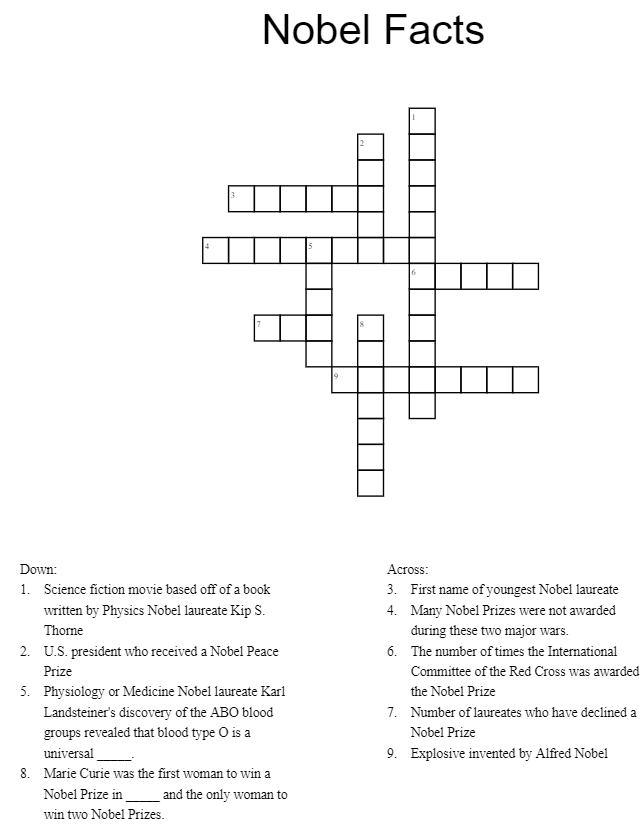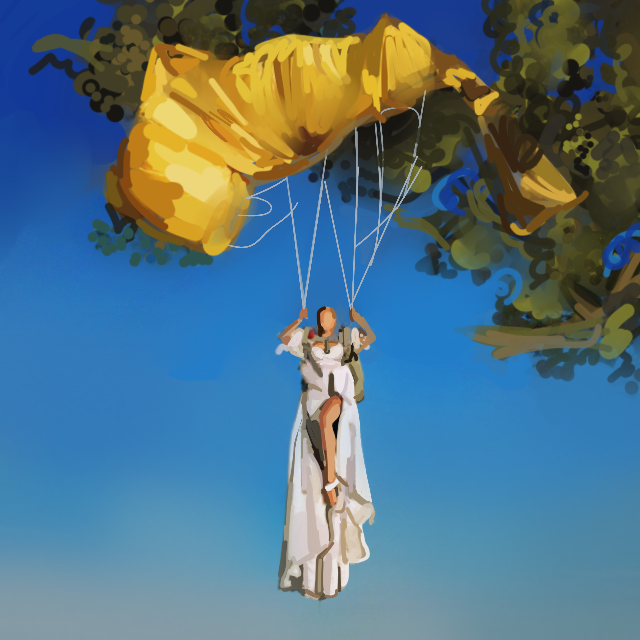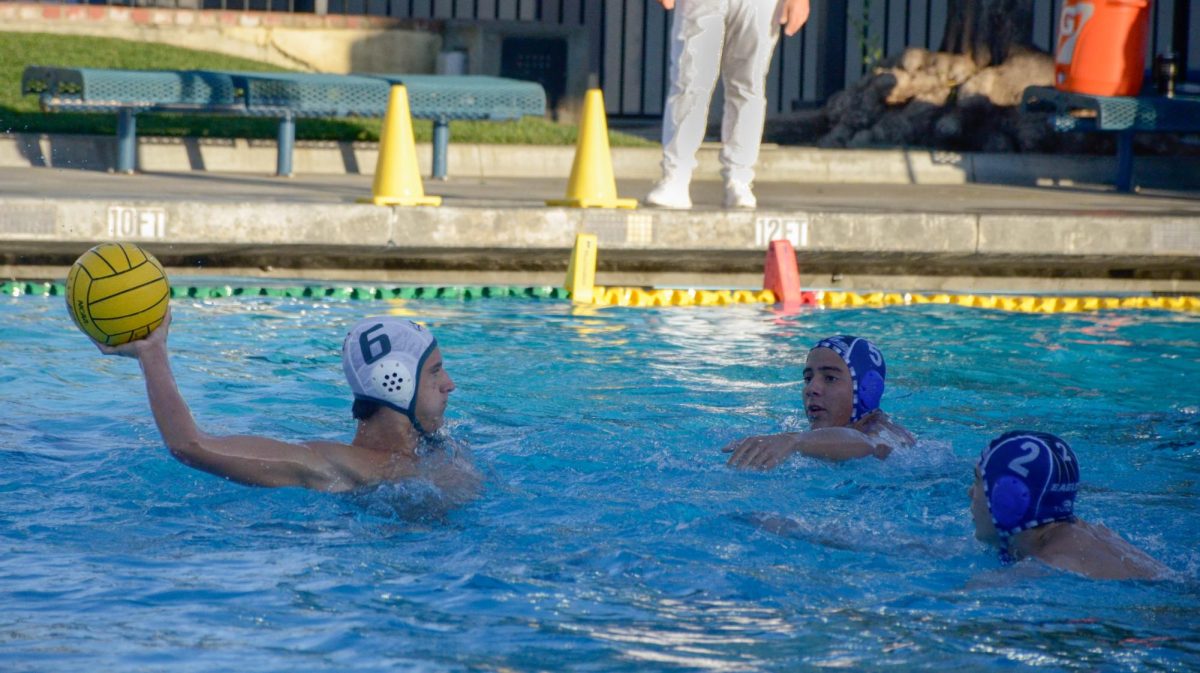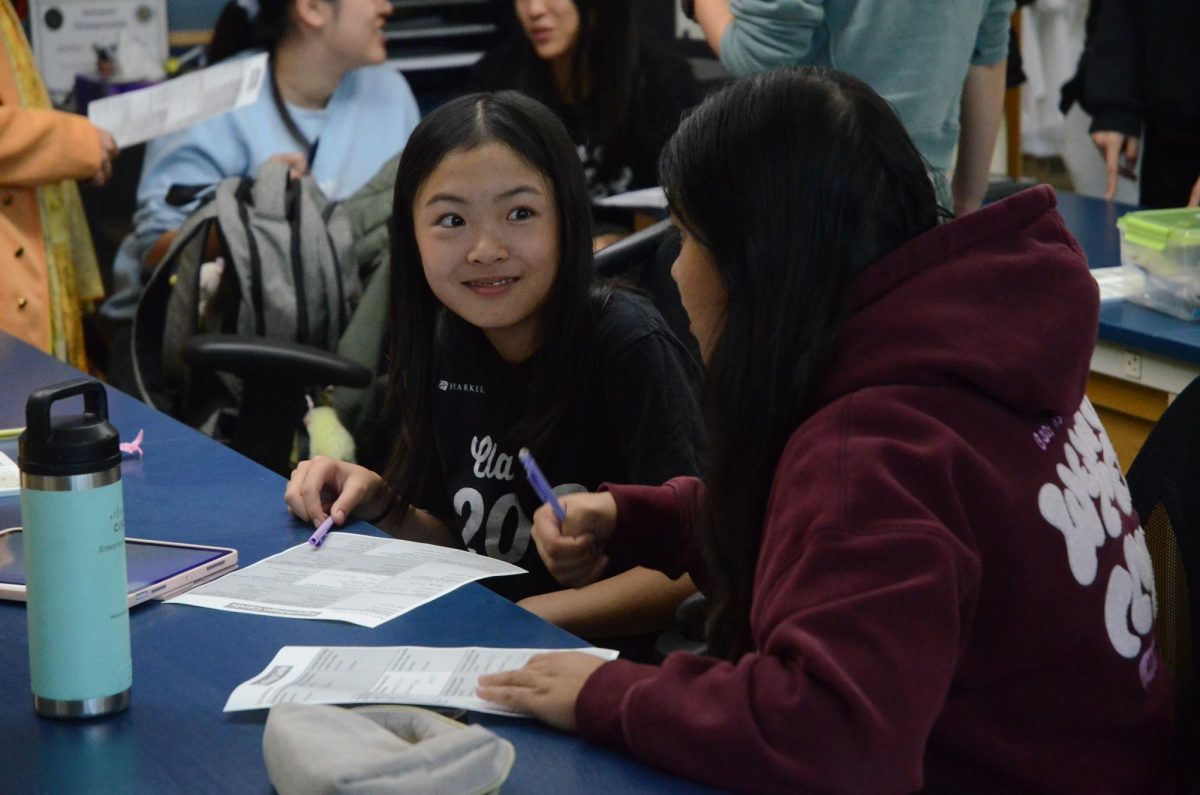Nobel Foundation announces laureates
October 12, 2017
How does a person react to receiving a Nobel Prize? In an interview with the Winged Post, physics laureate Dr. Barry C. Barish said that when he received the call from the Nobel Committee at 2:45 a.m. in the morning, he wasn’t completely awake.
“At the time it was given this year, we knew we were strong candidates with the science we had done. I never did expect it,” Dr. Barish said. “At 2:45 in the morning California time, you’re not totally alert. They said they had good news — that I had been awarded the Nobel Prize
I was thrilled and humbled.”
The 2017 Nobel Laureates for physiology, physics, chemistry, peace, literature, and economic sciences were announced throughout the past week.
The Nobel Foundation, created by Alfred Nobel in 1901, awards Nobel Prizes annually to recognize the greatest living influential figures around the world for their contributions in several different fields. The Nobel Committee works alongside many other prize-awarding institutions to select the final winners among thousands of nominees.
Dr. Rainer Weiss, Dr. Kip Thorne, and Dr. Barish were awarded the Nobel Prize in Physics on Oct. 3. Weiss, a former professor at MIT, shared half of the award with Thorne and Barrish, both former professors at Caltech.
“When you look out at the sky, only four percent of what you see is electromagnetic waves. So what is the other 96 percent, and what does the universe really look like otherwise?” Dr. Barish said. “You can say [our research] is an analogy to what Galileo did in the 1600s, when we looked through the telescope and immediately saw something that had never been seen before.”
The Nobel Foundation credited the scientists for their instrumental roles in designing the Laser Interferometer Gravitational-wave Observatory (LIGO), which detects gravitational waves generated by black holes down to a thousandth of the size of a proton. Since the first detection in 2015, LIGO has found three other signals.
“We were funded for it by the National Science Foundation in 1994, so we’ve been working on it intently for 23 years,” Dr. Barish said. “And what keeps you doing that? For scientists, that’s one of the most fundamental questions. It’s the fact that we knew we could come close, if not succeed, in seeing whether [gravitational waves] really existed that motivated us to keep working.”
“We built an initial LIGO detector between 1994 and 1999. We had 6 different attempts of running and trying to detect gravitational waves but seeing none, and then making it better, and still seeing none, and making it better, and seeing none, over and over for about ten years,” he said. “Then we used new technologies to rebuild it, and we succeeded.”
Dr. Jeffrey C. Hall, Dr. Michael Rosbash, and Dr. Michael W. Young each received one third of prize share for the Nobel Prize in Physiology or Medicine on Oct. 2 for discovering the molecular mechanisms that control the circadian rhythm.
Dr. Jacques Dubochet, Dr. Joachim Frank, and Dr. Richard Henderson won the Nobel Prize in Chemistry on Oct. 4 for the development of cyro-electron microscopy, which advances the quality of biomolecule imaging in biochemistry. Electron microscopes use electron beams that destroy living material, but cyro-electron microscopy visualizes living biomolecules by freezing them mid-movement. Since reaching the proper atomic resolution in 2013, it has been used profusely, from developing pharmaceutical antibiotics, to observing the Zika virus.
The awards ceremonies will take place on December 10, the anniversary of Alfred Nobel’s death, in Oslo, Norway for the peace prize and in Stockholm, Sweden for all other categories.
This piece was originally published in the pages of the Winged Post on October 12, 2017.


















![“[Building nerf blasters] became this outlet of creativity for me that hasn't been matched by anything else. The process [of] making a build complete to your desire is such a painstakingly difficult process, but I've had to learn from [the skills needed from] soldering to proper painting. There's so many different options for everything, if you think about it, it exists. The best part is [that] if it doesn't exist, you can build it yourself," Ishaan Parate said.](https://harkeraquila.com/wp-content/uploads/2022/08/DSC_8149-900x604.jpg)




![“When I came into high school, I was ready to be a follower. But DECA was a game changer for me. It helped me overcome my fear of public speaking, and it's played such a major role in who I've become today. To be able to successfully lead a chapter of 150 students, an officer team and be one of the upperclassmen I once really admired is something I'm [really] proud of,” Anvitha Tummala ('21) said.](https://harkeraquila.com/wp-content/uploads/2021/07/Screen-Shot-2021-07-25-at-9.50.05-AM-900x594.png)







![“I think getting up in the morning and having a sense of purpose [is exciting]. I think without a certain amount of drive, life is kind of obsolete and mundane, and I think having that every single day is what makes each day unique and kind of makes life exciting,” Neymika Jain (12) said.](https://harkeraquila.com/wp-content/uploads/2017/06/Screen-Shot-2017-06-03-at-4.54.16-PM.png)








![“My slogan is ‘slow feet, don’t eat, and I’m hungry.’ You need to run fast to get where you are–you aren't going to get those championships if you aren't fast,” Angel Cervantes (12) said. “I want to do well in school on my tests and in track and win championships for my team. I live by that, [and] I can do that anywhere: in the classroom or on the field.”](https://harkeraquila.com/wp-content/uploads/2018/06/DSC5146-900x601.jpg)
![“[Volleyball has] taught me how to fall correctly, and another thing it taught is that you don’t have to be the best at something to be good at it. If you just hit the ball in a smart way, then it still scores points and you’re good at it. You could be a background player and still make a much bigger impact on the team than you would think,” Anya Gert (’20) said.](https://harkeraquila.com/wp-content/uploads/2020/06/AnnaGert_JinTuan_HoHPhotoEdited-600x900.jpeg)

![“I'm not nearly there yet, but [my confidence has] definitely been getting better since I was pretty shy and timid coming into Harker my freshman year. I know that there's a lot of people that are really confident in what they do, and I really admire them. Everyone's so driven and that has really pushed me to kind of try to find my own place in high school and be more confident,” Alyssa Huang (’20) said.](https://harkeraquila.com/wp-content/uploads/2020/06/AlyssaHuang_EmilyChen_HoHPhoto-900x749.jpeg)










